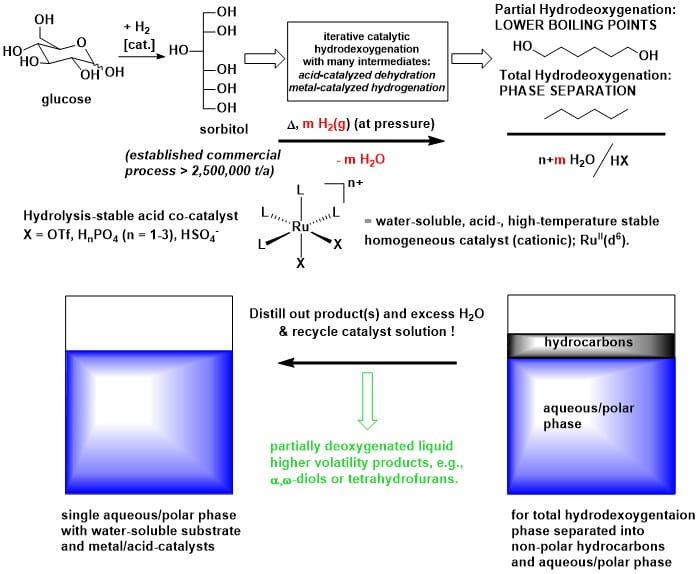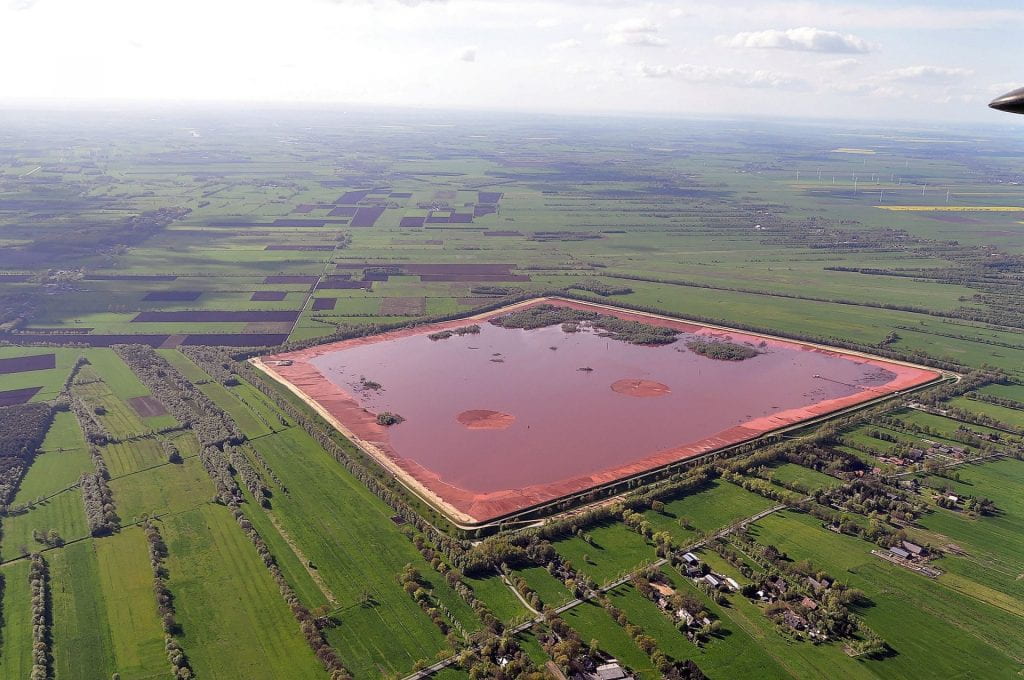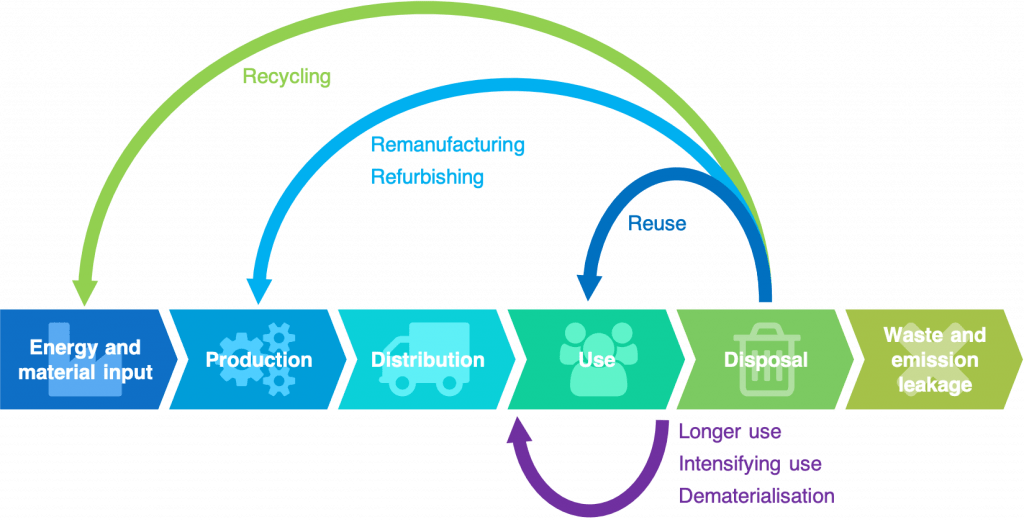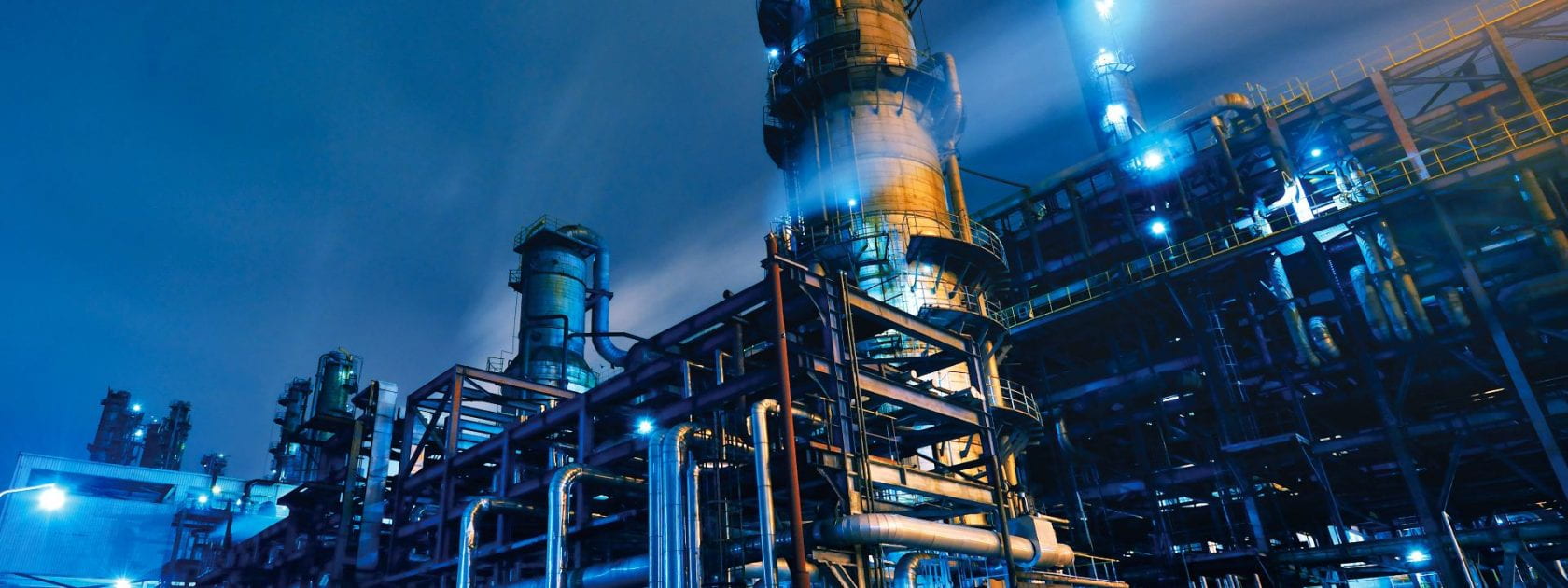Research Interests

Catalytic Hydrodeoxygenation Chemistry
- Homo- and Heterogeneous Hydrogenation Catalysis
- Lewis-Acid Catalyzed Dehydrations
- Transition Metal Catalyzed Transformations of (Poly)Alcohols, Sugars and Sugar Alcohols
- Organometallic Chemistry: Design and Development of New Ionic Homogeneous Hydrogenation and Hydrogenolysis Catalysts
- Conversion of renewable sugars to high-value added (petro-)chemicals through Selective Hydrodeoxygenation

Our Vision for the Homogeneous Ionic Hydrodeoxygenation of Glucose to
1,6-hexandiol as a polymer component.
Specifically we are interested in the:
- Controlled catalytic deoxygenation of sugars and sugar polyols to alkenes, alkanes, oxacycles and diols and triols as polymer components using homo- and heterogeneous hydrogenation and hydrogenolysis catalysts.
- Development of new ligands and hydrodeoxygenation catalysts with high stability in aqueous acidic media at elevated temperature.
- Using high-level DFT methods to predict the temperature stability of ruthenium chelate complexes as catalysts on the basis of their calcualted relative stability constants.
- Development of new hydrodeoyxgenation processes and reactions using these catalysts.
- Development of analytical protocols for the quantitative analysis of the reaction mixtures resulting from these reactions.
- Development of detailed thermochemical maps for the sugar(alcohol) hydrodeoxygenation reaction cascades using high-level DFT methods.

Remediation and valorization of bauxite residue (Red Mud) through synergistic co-processing with other waste materials

Fundamental and Policy Issues with Respect to Sustainable Systems and a Circular Economy


